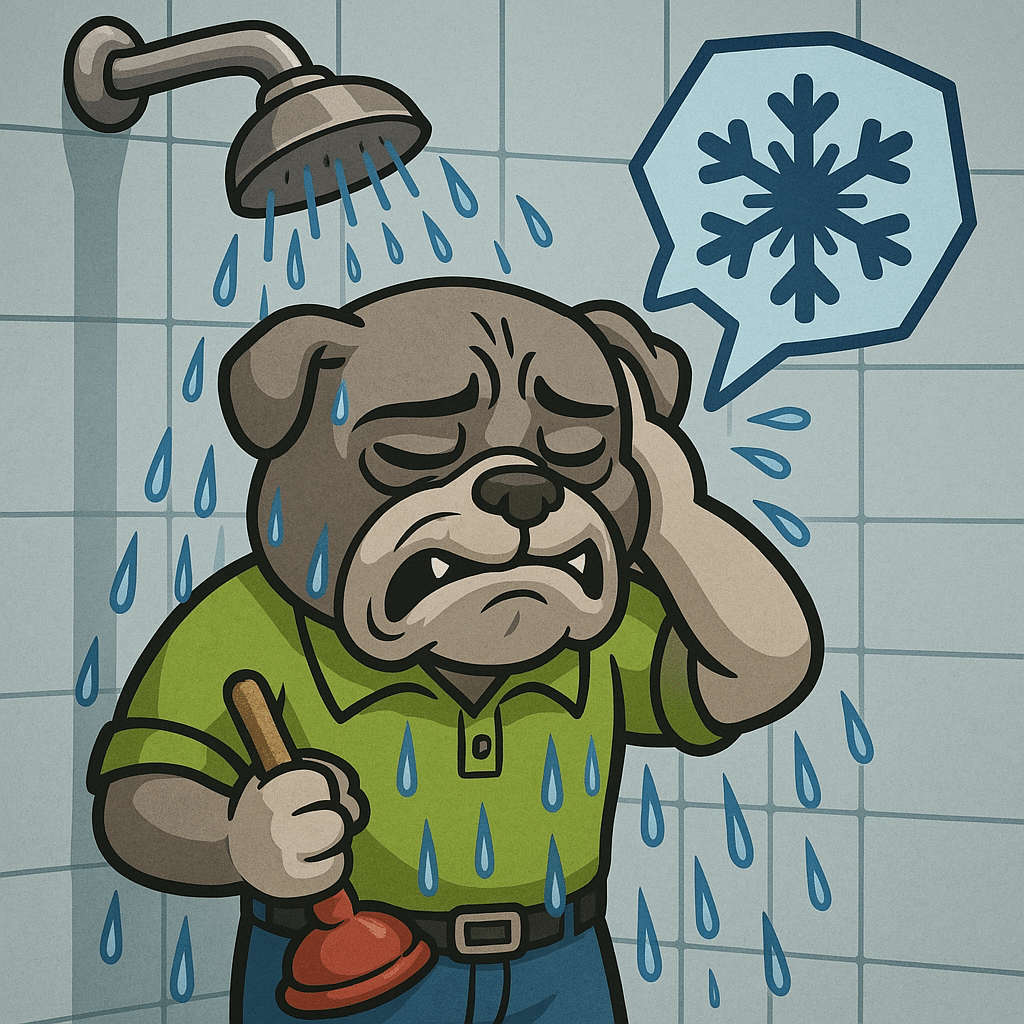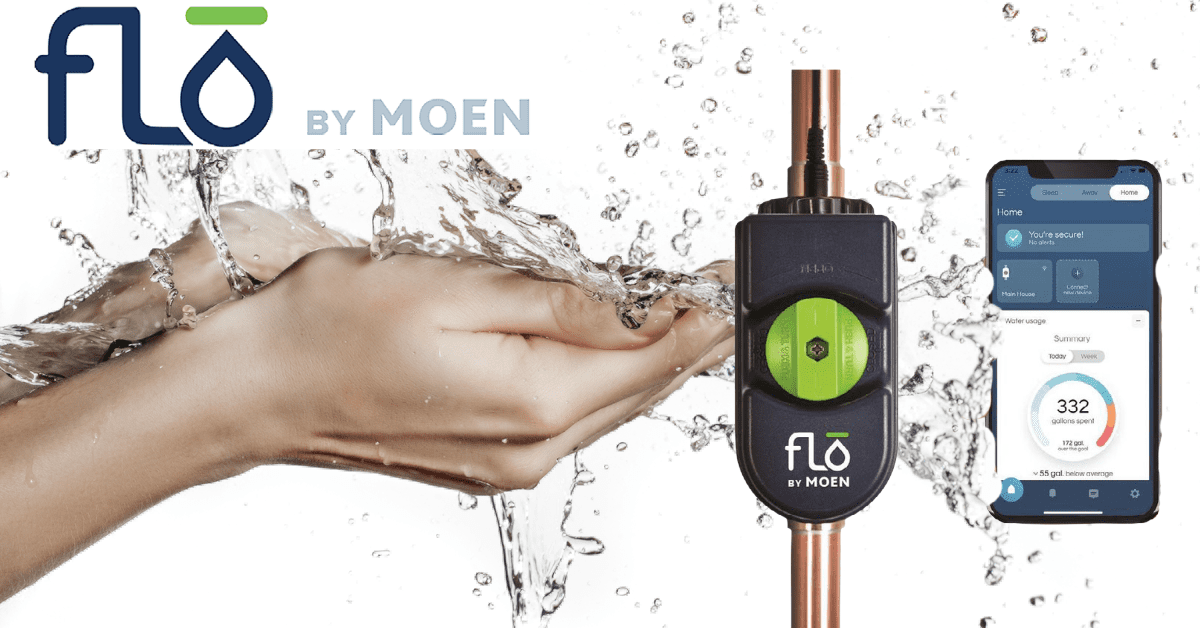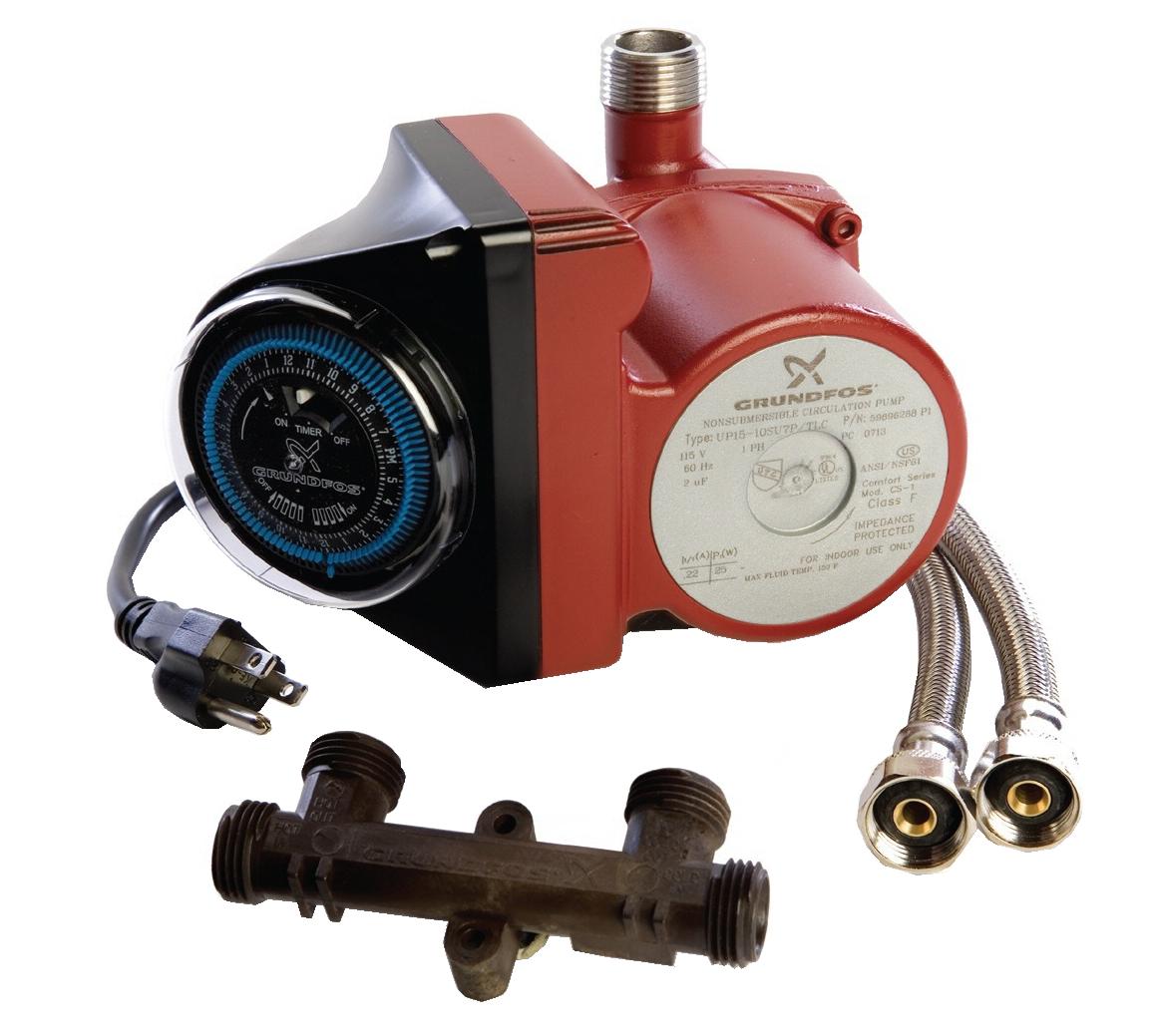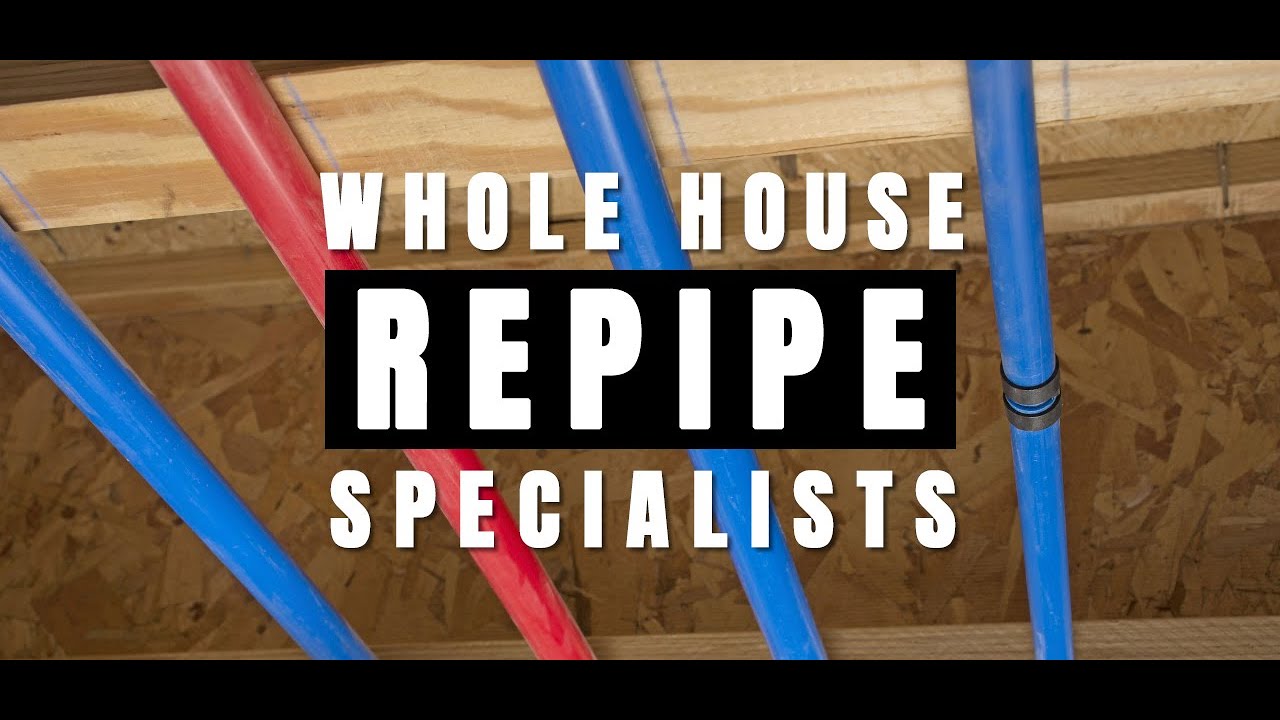
CPVC vs. PEX: What You Should Know
When your home’s plumbing starts acting up, knowing your pipe replacement options can save you time, stress, and money. At My Georgia Plumber, we talk with folks every day who are weighing the best way to repipe their homes. Two materials come up again and again: PEX and CPVC.
If you’re starting to think your old pipes might be past their prime, here’s what to keep in mind.
Is It Time to Replace the Pipes in Your House?
Live in an older place? Say, built before the 1970s? Then it might be worth thinking about what’s running behind the walls. Pipes don’t last forever, and if yours are original, they could be wearing out without you even knowing it.
Maybe you’ve noticed a rusty tint in your water, or that odd metallic taste from the tap. Sometimes, it’s the pressure that starts dropping for no clear reason. Other times, you spot a faint watermark on the ceiling or a slow leak that seems to come and go.
We’ve worked on plenty of homes where folks didn’t notice a problem until a pipe burst or a leak started ruining the drywall. If your house is getting up there in age, it’s smart to have a plumber check things out before it turns into a bigger (and more expensive) issue.
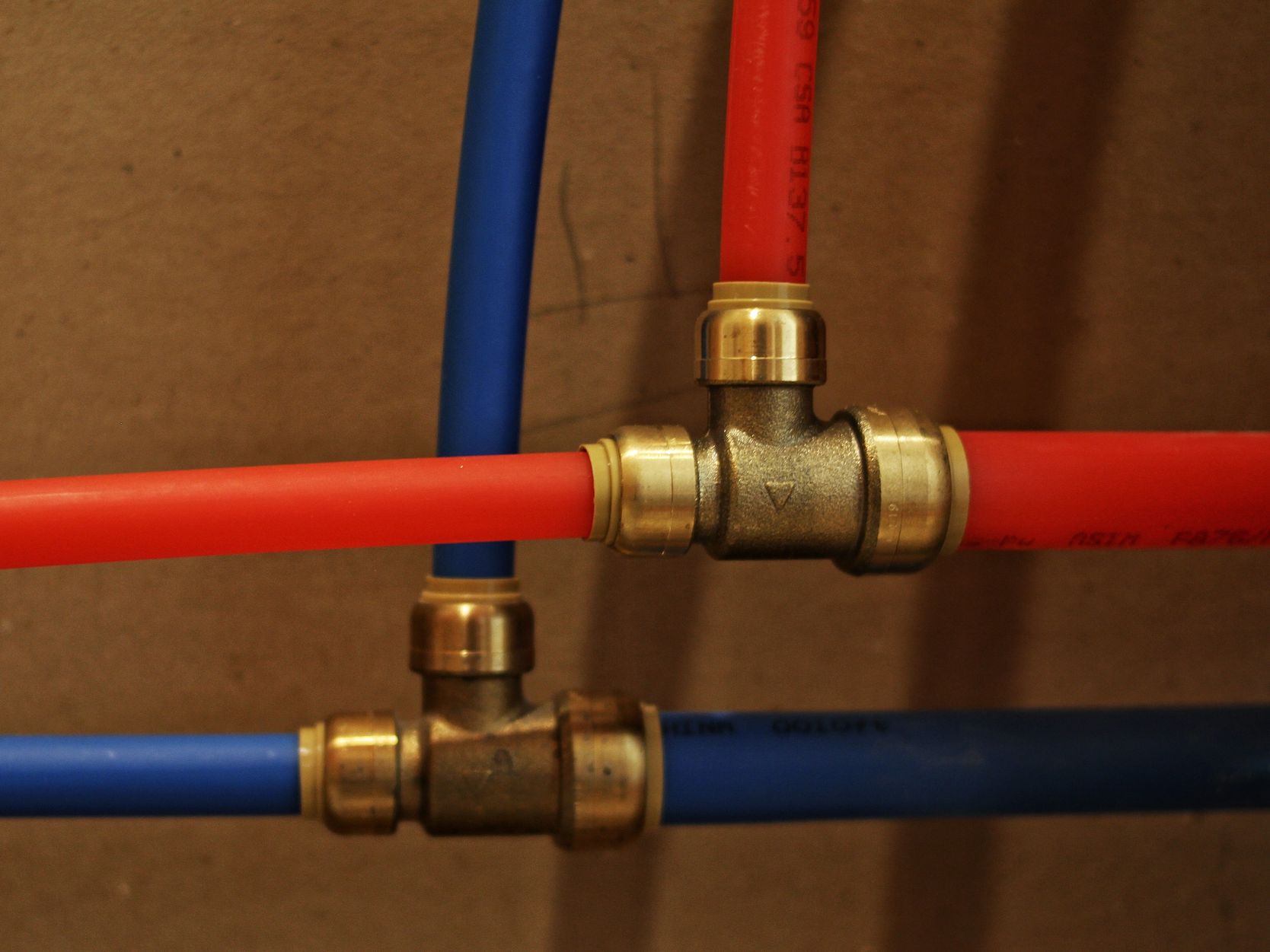
What Is PEX Pipe?
PEX (cross-linked polyethylene) is a flexible plastic piping material designed for both hot and cold water use. It’s gained popularity in recent years because it’s durable, easy to install, and often more affordable than traditional piping options.
👍 Benefits of PEX:
-
Flexible and easy to weave through walls or tight spaces
-
Quieter than metal pipes—no banging or hammering
-
Doesn’t corrode or scale like metal pipes
-
Handles freezing temperatures better due to its flexibility
-
Ideal for remodeling or full repipes
👎 Drawbacks of PEX:
-
Sensitive to UV light—shouldn’t be exposed to sunlight
-
Can degrade if exposed to harsh chemicals
-
Not recyclable in most municipal systems
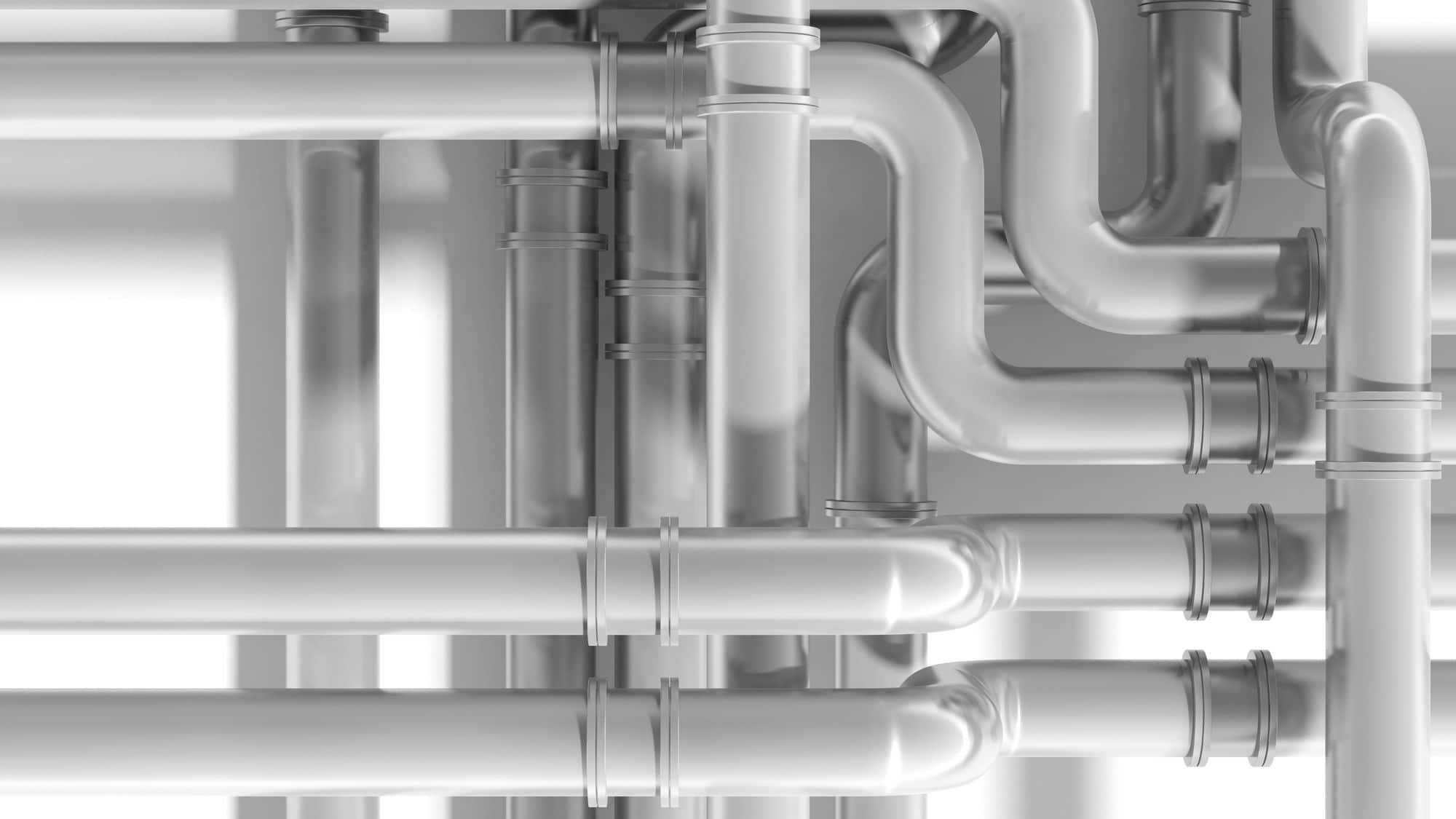
What Is CPVC Pipe?
CPVC (chlorinated polyvinyl chloride) is a rigid plastic piping material similar to PVC but formulated to handle higher temperatures. It’s commonly used in both residential and commercial hot water systems.
👍 Benefits of CPVC:
-
Can handle water up to 200°F—ideal for hot water lines
-
Resists corrosion better than copper
-
Quieter than metal piping (reduces “water hammer” noise)
-
Easy to cut and join with solvent cement
👎 Drawbacks of CPVC:
-
Brittle in cold weather or if installed improperly
-
Higher risk of cracking in freeze conditions
-
Can degrade when exposed to certain cleaners or oils
-
More expensive than PEX
Should You Replace Copper with PEX?
So why not stick with copper pipes? Copper pipes have been used in homes for a hundred years. However, PEX and CPVC both offer numerous advantages over copper pipes. Corrosion and pinhole leaks are two common problems with copper pipes. Their soldered joints tend to develop leaks at high temperatures. Copper pipes experience thermal loss unless they are fitted with insulating sleeves. When they are not properly insulated, condensation will occur under certain conditions. Plus, copper pricing is volatile and can lead to a sky-high bill if copper pipes are installed throughout a home.
At a Glance:
| Feature | PEX | CPVC |
|---|---|---|
| Flexibility | High | Low |
| Hot water use | Good | Excellent |
| Cost | Lower | Moderate |
| Freeze resistance | Excellent | Poor |
| Installation | Easiest | Moderate |
| Longevity | 40–50 years | 50+ years |
How Much Does It Cost to Repipe a House?
The cost to replace your plumbing can vary significantly. Here’s what factors into the final price:
-
Size of the home – Larger homes = more piping = higher cost
-
Number of fixtures – Each sink, toilet, and appliance adds to labor and material costs
-
Current plumbing condition – Hard-to-access or damaged systems may take more time
-
Material choice – PEX is generally the most cost-effective; copper is the most expensive
-
Local labor rates – Prices can vary by region and complexity
A typical re-pipe with PEX can start around $4,000–$6,000 for a smaller home, while CPVC might cost slightly more due to additional fittings and installation time.
Need Expert Help? Call My Georgia Plumber
Choosing the right pipe material isn’t just about cost—it’s about longevity, safety, and peace of mind. At My Georgia Plumber, we walk you through your options, inspect your existing system, and recommend the best path forward.
Whether you’re repiping a fixer-upper or upgrading during a renovation, our licensed pros are here to do it right the first time.
📞 Call us today at 770-268-2331 or book your appointment online to get started.
Why Your Shower Turns Cold Midway Through (And What It Says About Your Plumbing)
Cold Showers Aren’t Just Annoying—They’re a Red Flag You’re enjoying a warm, relaxing shower—until suddenly, the water turns ice cold. If your hot water runs out halfway through (especially if you’re not the first to shower), it’s not just bad luck. It’s your plumbing system trying to tell you something. Whether it’s a sign of...Continue reading→
Protect Your Home from Water Damage with a Smart Leak Detection System
Why We Recommend Flo by Moen Plumbing leaks don’t always start with a dramatic flood.Often, they begin as slow drips behind a wall, pinhole leaks under a slab, or a minor crack in a supply line. And by the time you notice the damage—it’s already too late. That’s why more Georgia homeowners are turning to...Continue reading→
Tired of Waiting for Hot Water? Why a Grundfos Recirculating Pump Is the Upgrade You Didn’t Know You Needed
Instant Hot Water, Lower Water Bills, and Everyday Comfort—All from One Smart Upgrade If you’ve ever stood at a sink or shower waiting… and waiting… and waiting for hot water to arrive, you’re not alone. The average home wastes 2–5 gallons of water every time someone waits for hot water to reach the faucet. Multiply...Continue reading→


